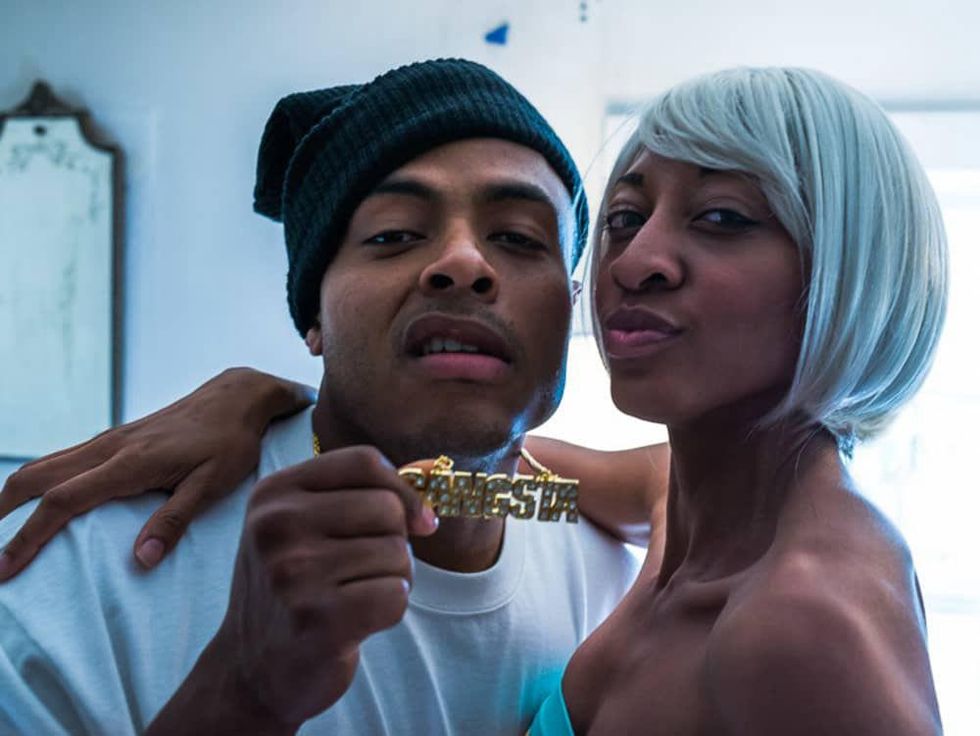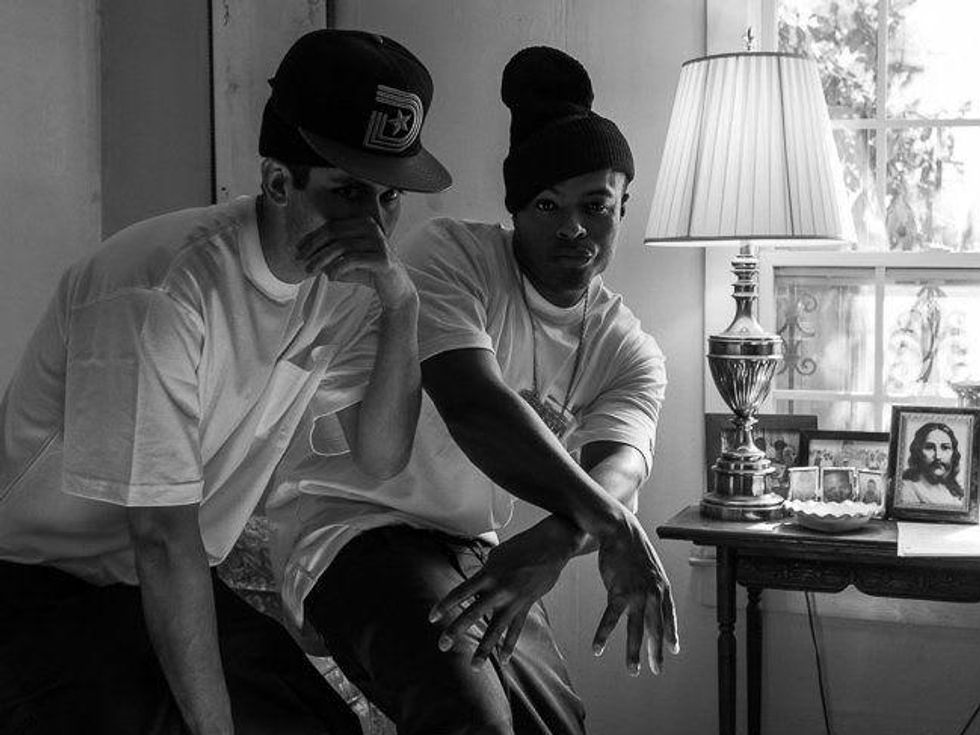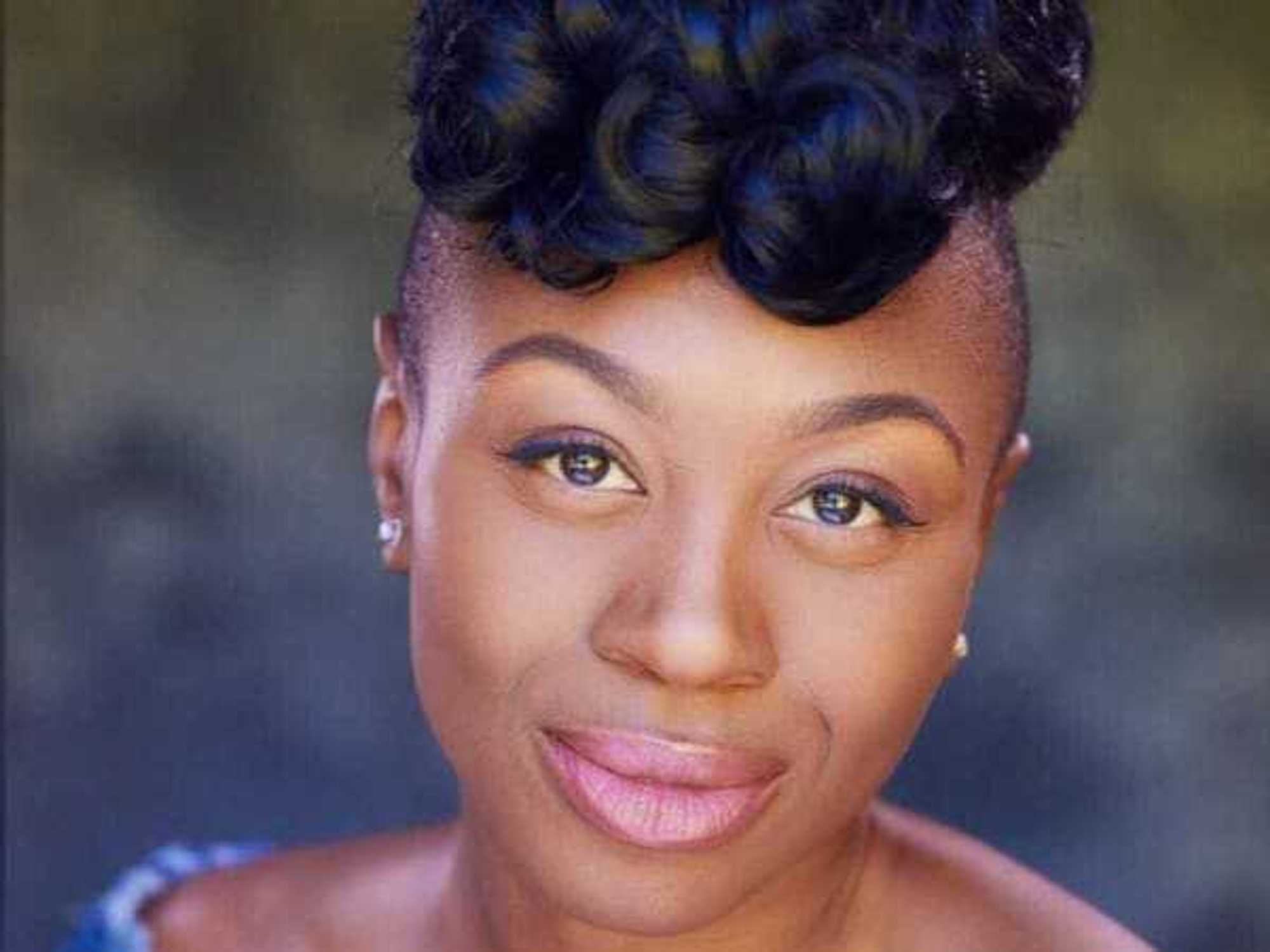Experimental Theater
T.N.B. challenges Dallas audience with immersive theater experience
Dead White Zombies, a local site-specific theater company, has moved into a former drug stash house in West Dallas (tucked behind Babb Bros BBQ) to mount an unconventional, immersive production obsessed with the African-American male identity.
In T.N.B. audiences trail Spooky — a gripping turn by David Jeremiah — from room to room through a series of hazardous remembrances of his transgressions. Spooky is already dead; every night in this house in West Dallas, he will be forced to reconcile his lifetime.
With help from Jeremiah, DWZ artistic director Thomas Riccio crafted this non-linear script to cast an eye on the complicated societal expectations of black men. The dialogue wanders from forceful racial slurs to almost sarcastic stereotypical language associated with character types like Amos 'n' Andy.
In T.N.B., the other characters are alive and act as foils to Spooky’s disillusionment. His mother (Becki McDonald) cooks cabbage on the stove and presides over the house with a spiritual peace. Justin Locklear shifts into several stock characters ranging from trouble-making friend to pimp to hick detective.
Jonathan “GNO” White plays Storm Crow, who transcends history as the voice of “the countless millions that came before.” And Rhianna Mack plays Charleene, who represents the struggles of the African-American woman.
Spooky hates everyone in this play, blaming a lot of his actions on others and circumstances. The derogatory language, violent depictions and theme of black empowerment bear resemblance to blacksploitation, the 1970s film genre Quentin Tarantino often explores, most recently in Django Unchained.
T.N.B. fulfills the extremes of black stereotypes and confronts expectations. In a particularly poignant scene, Storm Crow confronts the manner in which Spooky perpetuates the stereotypes about which he complains.
While the script challenges its audiences with penetrating commentary, the setting’s authenticity is a formidable opponent to a traditional theater event. Although there are seats and CCTVs available to watch the action from any room in the house, the audience must follow the actors from room to room in order to hear the dialogue, and that is what makes everything more real.
The dirt lining the walls is real; the spider lurking on the windowsill is real; the mosquitos gnawing on your leg are real. A faint smell of rat poison wafts through the house, which may be what incited a group of decrepit cats to make the yard their home.
The discomfort of the setting underlines Spooky’s struggle to overcome circumstances and brings forward questions about the origin of identity. However, the filthy house caused this critic to consider how a theater company reaches verisimilitude.
When the character, script and action are contrived and therefore safe, it seems disrespectful to expect the audience to accept unclean settings for the sake of authenticity. It’s the wrong kind of discomfort, in a play that otherwise steers clear of gimmick. I guess we’re just supposed to hold our noses and dive in.
---
T.N.B. runs through June 22, with shows Thursday-Saturday. Audiences are limited to 20, and tickets can be purchased online.


